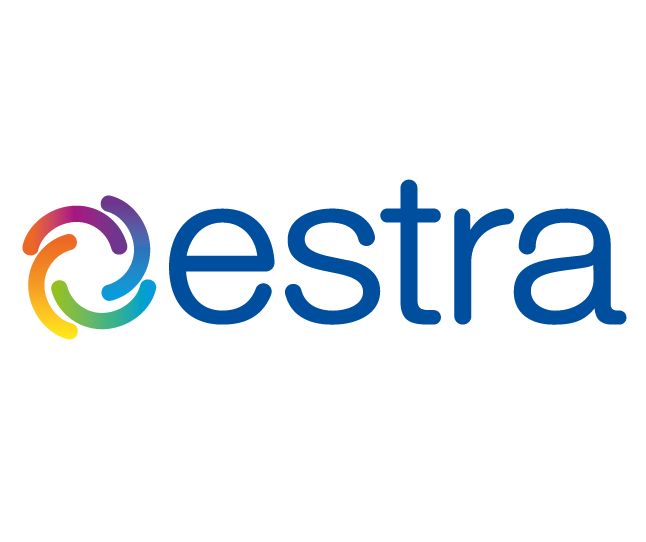
Ten proposals for more sustainable football and clearer rules for agents
ACF Fiorentina believes that for some time now the limits needed to maintain a fundamental balance for all parties working directly and indirectly in football have been exceeded.
According to FIFA reports, in the last decade agents representing footballers and coaches have earned €3.1 billion from player transfers.
As noted by FIFA president Gianni Infantino, in 2019 alone, of the €7 billion spent on transfers, €700 million were on agents' fees!
Unlike in the 'closed' professional sports leagues in the United States, where agents are significantly less influential and regulated by sports league commissioners (MLS, NFL, MLB, NBA, NHL), and where deals generally do not involve liquidity, almost everywhere else in the world agents have become the centre of power in football, with no regulation or transparency.
FIFA, UEFA and FIGC (in Italy) have the task of regulating the activities of agents and ACF Fiorentina respectfully asks footballing institutions to consider the following 10 proposals, with the aim of creating a more balanced system as soon as possible and in any case by May 2022, involving where necessary the relevant state institutions to make alterations and updates to national and international laws.
It is particularly important that these proposals are considered and implemented in Europe, where football has reached breaking point if it is to go back to being a healthy, competitive sport or risk collapsing completely.
1. A limit on the percentage of transfer fees: agents' fees should not exceed 5% of the player's transfer value.
2. One fee only: agents should have a mandate from only one of the parties and be paid by only one of the parties, preferably the buying club.
3. Individual representation: in any transfer, agents should only represent the player.
4. A new solidarity system for free transfers: to protect clubs which, despite constant investment to develop players, see some players leave at the end of their contracts without receiving a transfer fee, there should be a mechanism in place to remunerate the last club the player had a contract with (before the free transfer) and be calculated based on a) the recognised market value of the player, b) the salary the player will receive from the new club, and c) any fees paid to agents with regard to said agreement.
5. Negotiation between clubs only: while the player is under contract, only the selling club may negotiate the transfer fee with the buying club, unless the selling club grants written permission to the player's agent to take part in negotiations.
6. Longer contracts: the FIGC should find a solution to make it possible to agree longer contracts with players, lasting at least six years (5+1), as is already possible in the Premier League. The possibility of allowing contracts worth millions of euro to last up to ten years should also be considered.
7. Limit on agents' fees: agents should receive no more than 3% of the player's total gross remuneration from a contract.
8. Other sources of earnings for agents: agents will be able to earn further commission on other agreements with players (for example, intellectual property rights, media rights or sponsorships), as long as these do not contravene contractual commitments between the player and the club.
9. A clearing house: to keep track of payments made to agents.
10. Complete transparency: all fees paid to agents by clubs should be declared annually to FIFA, UEFA, FIGC (in Italy) and the national tax office.







